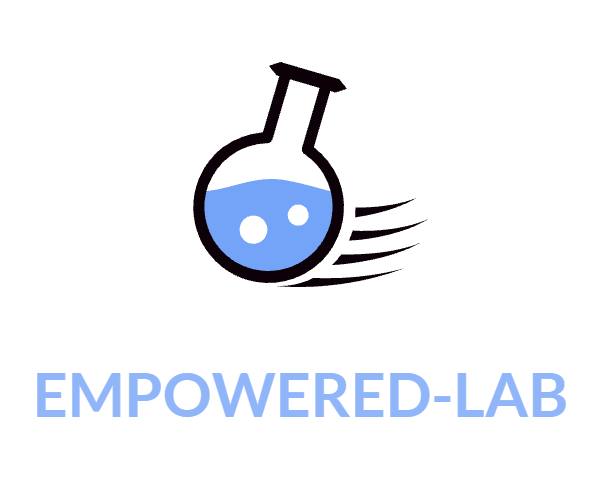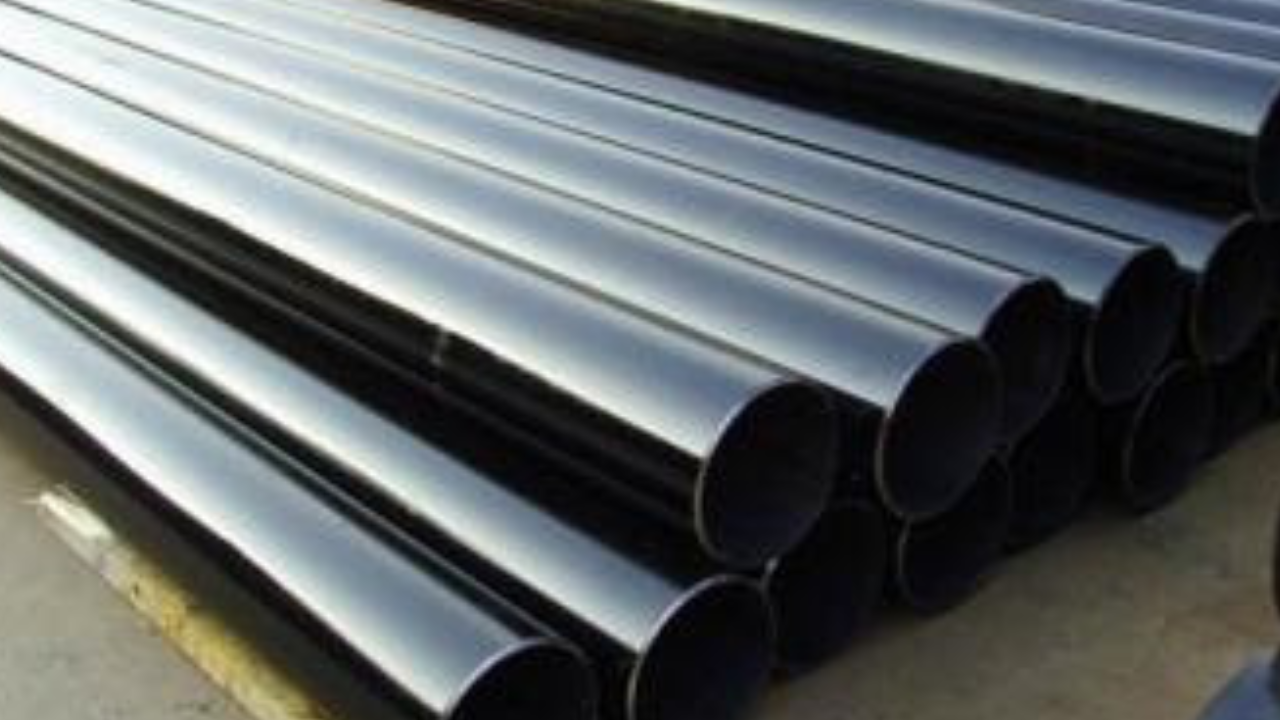Corrosion resistance is paramount in ensuring the reliability and longevity of pipelines, especially in the challenging environments encountered in the oil and gas industry. Corrosion resistance in API X52 steel pipe is a critical aspect ensuring the longevity and reliability of pipelines in the oil and gas industry.
API X52 steel pipe possesses inherent corrosion resistance due to its alloy composition, which includes elements such as chromium, nickel, and molybdenum. These alloying elements form protective oxide layers on the surface of the pipe, effectively shielding it from corrosive agents present in the transported fluids or surrounding environment.
The selection of materials, quality control procedures, and environmental factors are all essential in guaranteeing the corrosion resistance of api x52 steel pipe. Throughout their operational lifetimes, pipeline operators can effectively mitigate corrosion risks and maintain the integrity of API X52 steel pipelines by carefully evaluating environmental factors and adhering to strict manufacturing standards.
Corrosion Resistance Mechanisms in API X52 Pipe
By implementing comprehensive corrosion control strategies and adhering to industry best practices, API X52 pipe continues to play a vital role in supporting safe and efficient pipeline operations worldwide. Here we are going to discuss the key corrosion resistance mechanisms employed in API X52 pipe, highlighting their effectiveness and importance in protecting pipeline assets.
Alloy Composition
The alloy composition of API X52 pipe plays a crucial role in its corrosion resistance properties. API X52 pipe is formulated with specific alloying elements, including chromium, nickel, and molybdenum, to enhance its resistance to corrosion in various environments. These alloying elements react with the surrounding environment to form protective oxide layers on the surface of the pipe. By carefully controlling the alloy composition, API X52 pipe manufacturers can tailor the corrosion resistance properties to suit specific operating conditions and environments.
Surface Coatings
Surface coatings are another essential corrosion resistance mechanism employed in API X52 pipe. Common coatings include fusion-bonded epoxy (FBE), polyethylene (PE), and polypropylene (PP). These coatings are applied to the external surface of the pipe to give an extra layer of defense against corrosion. The coatings act as a barrier, preventing direct contact between the pipe surface and corrosive environments such as soil, water, and chemicals.
Cathodic Protection
Cathodic protection is a widely used technique to mitigate corrosion in buried or submerged pipelines, including API X52 pipe. Cathodic protection systems employ sacrificial anodes or impressed currents to create a protective electrical current that neutralizes corrosion reactions on the pipeline surface. Impressed current systems use an external power source to generate a protective current that counteracts corrosion. By shifting the corrosion potential of the pipeline to a more negative value, cathodic protection effectively inhibits corrosion and extends the service life of the API X52 pipe.
Environmental Considerations
API X52 pipe is selected and designed based on environmental considerations to minimize corrosion risk. Factors such as soil chemistry, water chemistry, temperature, and fluid composition are carefully evaluated to assess the corrosion potential and select appropriate corrosion control measures. By considering the specific environmental conditions, engineers can design and operate pipelines in a manner that reduces the likelihood of corrosion-related failures.
Quality Control
The selection of high-quality materials and rigorous quality control measures are essential for ensuring the corrosion resistance of API X52 pipe. By maintaining stringent quality control throughout the manufacturing process, API X52 pipe manufacturers can consistently produce pipes with superior corrosion resistance properties, ensuring the reliability and longevity of pipeline infrastructure.
Final Thoughts
Several corrosion resistance mechanisms are included in API X52 pipes, such as surface coatings, cathodic protection, alloy composition, environmental factors, material selection, and quality control. By utilizing these mechanisms, API X52 pipe provides strong corrosion resistance qualities, which qualify it for application in a variety of demanding environments found in the oil and gas sector. API X52 pipe is essential to the safe and effective operation of pipelines around the world because of its meticulous design, selection, and upkeep.


